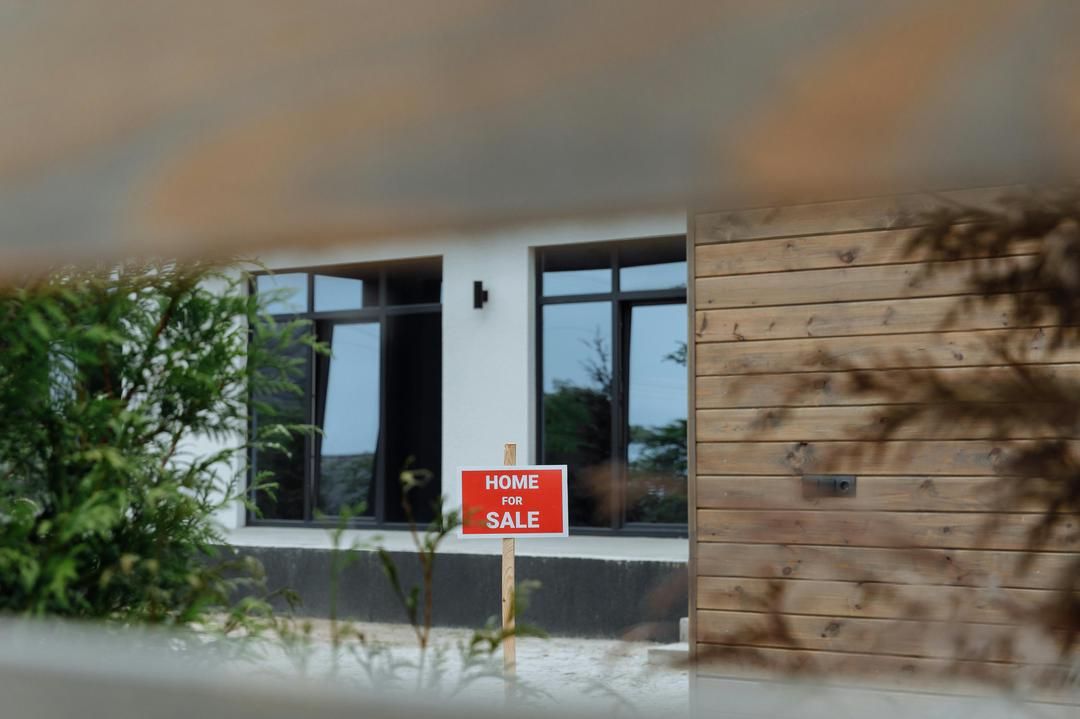So, you’re thinking about selling your home in the Lake Lanier Area.
Maybe you’re looking for a larger space to accommodate family gatherings by the lake, or perhaps you’re ready to downsize now that the kids have moved out. Whether it's a new job opportunity, a growing family, or simply a change of scenery, once you decide to sell, a common question arises:
Where do I even begin?
If the thought of preparing your home for sale feels daunting, you’re definitely not alone. For many sellers—especially those doing this for the first time—the prep stage can feel like standing at the foot of a mountain without a map. But here’s the silver lining: you don’t have to tackle everything at once. You just need a solid plan.
This guide breaks down the process into manageable, strategic steps so you can feel confident in what you’re doing—and understand why it matters.
Step 1: Start with a Mindset Shift
Before you grab a paintbrush or start boxing up clutter, the first thing that needs a refresh is your perspective.
This is no longer just your home—it’s now a product. That doesn’t mean you stop caring about it. It means you start thinking about it from a buyer’s point of view. What will they see? What will make them pause? What will help them envision their life here by the lake?
Step 2: Walk Through Like a Buyer Would
Take a literal walk through your home. Not as the person who knows where the light switch sticks or that the hallway creaks when it rains. Walk through as if you’re a stranger.
What catches your eye first? What feels outdated, tired, or cluttered? Where does your gaze linger—and where does it get stuck?
Even better, invite someone you trust (or your real estate agent, hello!) to do this with you. Ask them to be honest. Because while you may have become blind to that chipped baseboard in the hallway, a potential buyer certainly won’t.
Step 3: Declutter. Then Declutter Again.
Let’s face it—most of us have more stuff than we realize.
Preparing to sell means editing your home down to its best, brightest, most spacious version of itself. And that starts with letting go of anything that doesn’t need to be there.
Start small. Tackle a single closet or a single drawer. Then move outward. Remove anything overly personal (family photos, kids’ artwork, monogrammed towels), and streamline each room so it feels open and easy to navigate.
Your goal isn’t to make it look empty. Your goal is to make it look like it belongs to someone else already.
Step 4: Choose the Right Repairs (and Skip the Wrong Ones)
This is where many sellers get stuck: “Should I renovate the kitchen? Replace the carpet? Tear out the bathroom tile?”
In most cases, the answer is no—you don’t need a full remodel. You need smart, strategic updates that show buyers your home is well cared for and move-in ready.
Repainting walls in a neutral tone? Smart. Fixing a leaky faucet or updating an old light fixture? Worth it. Tearing out a working kitchen two weeks before listing? Probably not.
A good rule of thumb: if a fix will be obvious in a showing—or a photo—tackle it. If it’s expensive and purely aesthetic, consult your agent before making any commitments.
Step 5: First Impressions Happen Before They Walk Inside
The exterior of your home sets the tone long before anyone opens the front door.
Buyers will form their first impression in seconds, which means your curb appeal matters more than you think. The good news? You don’t need a complete landscape overhaul to make a great impression.
Mow the lawn. Trim the hedges. Add a fresh layer of mulch or a couple of potted plants near the entryway. Pressure wash the walkway or siding if needed. And if your front door has seen better days, a fresh coat of paint in a welcoming color can go a long way.
Step 6: Deep Clean Like a Pro
There’s clean… and then there’s show-ready clean.
When buyers walk through your home, they’re paying attention to details—details that can easily become deal-breakers. That dusty ceiling fan? The lingering pet smell? The smudges on the sliding glass door? They all register.
Invest the time (or hire the help) to do a true deep clean. Every surface. Every baseboard. Every window and appliance. The goal is simple: when buyers walk in, they feel like they could move in tomorrow.
Step 7: Stage for Impact
Staging isn’t about making your home look fancy. It’s about making it feel functional, stylish, and easy to love.
Sometimes that means rethinking how a room is used. Sometimes it means swapping out heavy curtains for something lighter or moving a rug to make a space feel bigger.
Small tweaks can make a big impact—especially in photos. Which brings us to…
Step 8: Make It Market-Ready
Once your home is clean, decluttered, and refreshed, it’s time to hand the reins to your agent. They’ll bring in a professional photographer, recommend any final staging touchups, and create a strategy for launching your home onto the market.
This includes pricing it right (based on data, not guesswork), timing the listing strategically, and marketing it to the right buyers.
Remember, you only get one chance to make a first impression. The right prep ensures that impression is a great one.
Step 9: Don’t Do It Alone
You don’t need to figure all of this out by yourself.
The smartest sellers surround themselves with the right support—from stagers and cleaners to agents and contractors—who can make this process smoother and more successful.
Because the truth is: prepping your home for sale doesn’t have to be stressful. With the right plan and people, it can be empowering.
Thinking about selling soon?
We’ll help you build a prep plan that fits your timeline—whether you’re listing next month or next year.
Let’s talk about what getting ready looks like for you.






